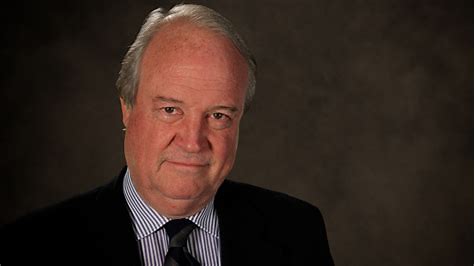Heine Dissects China’s Global Development Initiative and What it Means for Latin America

Ambassador Jorge Heine, Research Professor at Boston University’s Frederick S. Pardee School of Global Studies, was interviewed by Anand Naidoo, on The Heat, regarding China’s Global Initiative which aims to revitalize the global development partnership and mobilize resources to implement the UN’s 2030 Agenda while promoting stronger, greener and healthier global development.
Along with Heine, Sourabh Gupta, David Monyae, and Einar Tangen joined this discussion which addressed the question: “How much impact is it having on our rapidly changing world?”. Being the former ambassador of Chile to China, Heine focused on answering questions related to Latin America and China’s Global Development Initiative (GDI).
In his interview, Heine addressed the need and benefit for Latin America from the Chinese Global Development initiative. In 2015, at the China Latin America Ministerial Forum, trade between the countries was around $250 billion which was, at the time, estimated to grow by double. In 2023, this figure surged to $485 billion which is representative of the deepening economic relationship between the two. However, according to Heine, the most urgent task needed is a change in the matrix of this trade by moving toward more value added activities in Latin America. Currently, Latin America mainly sells primary commodities and natural resources, and buys industrial products from China. Heine asserts that moving toward more value-driven activities is needed such as what is already happening with the electric vehicles industry in Brazil.
Heine expresses that they are at a turning point and is concerned by the setback caused by the Covid-19 pandemic. According to him, only 12% of the GDI’s goals are on track and the GDI’s response needs to accelerate in order to be able to meet its goals on time.
The former ambassador highlights the difference between China’s approach to fostering development and the west’s approach. China puts forth explicit mechanisms like infrastructure, whereas, the west used a more passive approach like cutting back on inflation and promoting social peace. Heine appreciates the Chinese approach as it’s more action-driven and believes that it will help make a difference. According to him, the GDI is one step in the right direction.
The interview in full can be accessed on CGTN America here.
Ambassador Jorge Heine is a Research Professor at the Pardee School of Global Studies at Boston University. He has served as ambassador of Chile to China (2014-2017), to India (2003-2007), and to South Africa (1994-1999), and as a Cabinet Minister in the Chilean Government. Read more about Ambassador Heine on his Pardee School faculty profile.